Who was Albert Camus?
Albert Camus (1913-1960) was a French philosopher, author, and journalist who is widely regarded as one of the most influential thinkers of the 20th century. His work explored the absurdity of the human condition, the search for meaning in a seemingly meaningless universe, and the challenge of living authentically in the face of life’s contradictions. While not directly involved in psychology or psychotherapy, Camus’ ideas have had a significant impact on existential and humanistic approaches to understanding and treating psychological distress.
Life and Career
Camus was born in Algeria in 1913 to a poor French family. His father died in World War I, and Camus was raised by his mother in a working-class neighborhood of Algiers. Despite the challenges of his upbringing, Camus excelled in school and went on to study philosophy at the University of Algiers.
In the 1930s, Camus became involved in political activism, joining the Communist Party and working as a journalist for leftist newspapers. He also began publishing literary works, including the novel The Stranger (1942) and the philosophical essay The Myth of Sisyphus (1942), which established him as a major intellectual figure in France.
During World War II, Camus was active in the French Resistance against the Nazi occupation. After the war, he continued to write and publish, producing major works such as The Plague (1947), The Rebel (1951), and The Fall (1956). He also became a prominent public intellectual, speaking out on issues of social justice, human rights, and the dangers of totalitarianism.
In 1957, Camus was awarded the Nobel Prize in Literature for his “important literary production, which with clear-sighted earnestness illuminates the problems of the human conscience in our times.” Tragically, he died in a car accident in 1960 at the age of 46, cutting short a brilliant career and depriving the world of one of its most passionate and principled voices.
Timeline of Camus’ Life
1913: Born in Mondovi, Algeria 1914: Father killed in World War I 1918-1923: Attends primary school in Algiers 1923-1930: Attends secondary school in Algiers 1930-1936: Studies philosophy at the University of Algiers 1934: Joins the Communist Party 1935: Publishes first collection of essays, L’Envers et l’endroit 1938: Publishes first novel, A Happy Death (not published until after his death) 1939-1940: Works as a journalist in Paris 1940-1944: Active in the French Resistance during World War II 1942: Publishes The Stranger and The Myth of Sisyphus 1943: Joins the clandestine newspaper Combat 1944: Combat becomes a public daily with Camus as editor 1947: Publishes The Plague 1951: Publishes The Rebel 1956: Publishes The Fall 1957: Awarded the Nobel Prize in Literature 1960: Dies in a car accident near Sens, France
Key Ideas
The Absurd: Camus’ philosophy is built around the concept of the absurd, which he defines as the fundamental disharmony between the human search for meaning and the inherent meaninglessness of the universe. For Camus, the absurd arises from the clash between our desire for rational explanation and the irrational silence of the world. Recognizing the absurd, he argues, is the first step towards authentic living.
Revolt and Rebellion: In the face of the absurd, Camus rejects both resignation and escapism. Instead, he advocates a spirit of revolt and rebellion, a refusal to accept the world as it is and a commitment to creating meaning and value through our actions. In works such as The Rebel, Camus explores the ethical and political dimensions of rebellion, distinguishing authentic revolt from the nihilistic violence of totalitarian ideologies.
Solidarity and Compassion: For Camus, the recognition of the absurd is not a call to isolation or despair, but an invitation to solidarity and compassion. In novels such as The Plague, he depicts individuals coming together to fight against suffering and injustice, finding meaning and purpose in their shared struggle. Camus’ humanism is rooted in a deep respect for human dignity and a belief in our capacity for empathy and mutual aid.
The Importance of the Present: Camus’ philosophy emphasizes the immediacy and concreteness of lived experience, in contrast to abstract ideologies or utopian dreams. He sees the present moment as the only reality we can know and act upon, and encourages a heightened awareness and appreciation of the sensual world around us. In works such as The Myth of Sisyphus, he celebrates the simple joys and beauties of life in the face of the absurd.
The Artist as Witness: For Camus, the role of the artist is not to provide definitive answers or solutions, but to bear witness to the human condition in all its complexity and ambiguity. Through their works, artists can illuminate the absurdities and contradictions of existence, while also affirming the value of beauty, creativity, and the human spirit. Camus’ own literary works embody this ideal, blending philosophical reflection with vivid, poetic language and a deep empathy for his characters.
Camus’ Conceptualization of Trauma
While Camus did not directly address the concept of trauma in his philosophical writings, his ideas about the absurd, suffering, and the human condition have important implications for understanding and treating traumatic experiences.
At the heart of Camus’ thought is a recognition of the fundamental vulnerability and precariousness of human existence. For Camus, life is inherently marked by suffering, loss, and the ever-present possibility of death. This is not a cause for despair, but a basic fact of the human condition that we must confront with honesty and courage.
In this sense, Camus’ philosophy can be seen as a powerful resource for individuals grappling with the aftermath of trauma. His emphasis on facing reality without flinching, on affirming life in the face of suffering, and on finding meaning and solidarity in the struggle against adversity, offers a pathway towards resilience and recovery.
At the same time, Camus’ insights into the absurd highlight the difficulty of making sense of traumatic experiences within conventional frameworks of meaning. Trauma often shatters our assumptions about the world and our place within it, revealing the contingency and fragility of the narratives we rely on to make sense of our lives. In this context, Camus’ call to embrace the absurd – to acknowledge the ultimate incomprehensibility of suffering – can be seen as a first step towards integrating and transcending traumatic experiences.
Finally, Camus’ emphasis on solidarity and compassion points to the importance of human connection and mutual support in the healing process. His novels and essays are filled with moving depictions of individuals coming together to resist oppression, fight against injustice, and affirm the dignity of the human spirit. For Camus, it is through our relationships with others that we find the strength to endure and the courage to hope.
Camus and Jungian Psychology
While Albert Camus and Carl Jung were not direct contemporaries, there are some interesting parallels between their ideas. Both thinkers were deeply interested in the spiritual and existential dimensions of the human experience, and both sought to understand the ways in which individuals navigate the challenges and contradictions of life.
One key area of overlap is their shared emphasis on the importance of confronting and integrating the darker aspects of the psyche. For Jung, this took the form of the “shadow” – those repressed or denied parts of ourselves that we must acknowledge and embrace in order to achieve wholeness. Camus, similarly, believed that we must face the absurd and the irrational without flinching, and that it is only by grappling with the fundamental meaninglessness of existence that we can create authentic meaning for ourselves.
Another point of connection is their mutual interest in the role of myth, symbol, and archetype in shaping human experience. Jung saw myths and symbols as expressions of deep psychological truths, and believed that engaging with them could facilitate personal growth and transformation. Camus, too, was fascinated by the power of myth and metaphor, and used them extensively in his literary works to explore existential themes and ideas.
Despite these resonances, there are also some key differences between Camus and Jung. For Jung, the goal of individuation was ultimately a spiritual one – a journey towards wholeness and self-realization that transcended the individual ego. Camus, on the other hand, remained firmly grounded in the concrete realities of human existence, and was skeptical of any transcendent or otherworldly solutions to the problem of meaning.
Camus and Existential Psychology
Camus is often seen as a key figure in the existentialist tradition, and his ideas have had a significant influence on existential psychology and psychotherapy. Existential thinkers like Rollo May, Irvin Yalom, and Viktor Frankl have all drawn on Camus’ insights in their own work, and have sought to integrate his philosophical perspectives into their clinical practice.
One of the central tenets of existential psychology is the idea that humans are fundamentally free and responsible for creating meaning in their lives. This is a key theme in Camus’ work as well, particularly in books like The Myth of Sisyphus, where he argues that we must embrace the absurd and create our own purpose in the face of a meaningless universe. For existential psychologists, this means helping clients to confront the realities of their existence, to take responsibility for their choices and actions, and to find ways of living authentically and purposefully.
Another important idea in existential psychology is the concept of “existential anxiety” – the fear and dread that arises from confronting the basic facts of human existence, such as death, isolation, and meaninglessness. Camus was deeply attuned to these existential realities, and his works are filled with characters grappling with the anxiety and despair that they provoke. Existential psychotherapists often work with clients to help them face and manage this anxiety, and to find ways of living courageously and authentically in the face of it.
Finally, existential psychology places a strong emphasis on the importance of relationships and interpersonal connection in creating meaning and facilitating growth. This is another area where Camus’ ideas resonate strongly. Throughout his works, Camus emphasizes the centrality of human solidarity and compassion, and argues that it is through our bonds with others that we find the strength to endure suffering and the courage to hope. Existential psychologists likewise stress the healing power of authentic, empathic relationships, and see the therapeutic relationship as a key vehicle for facilitating change and growth.
Digital, Media, and Cultural Theorists and Philosophers
Bernays and The Psychology of Advertising
Claude Shannon and Warren Weaver

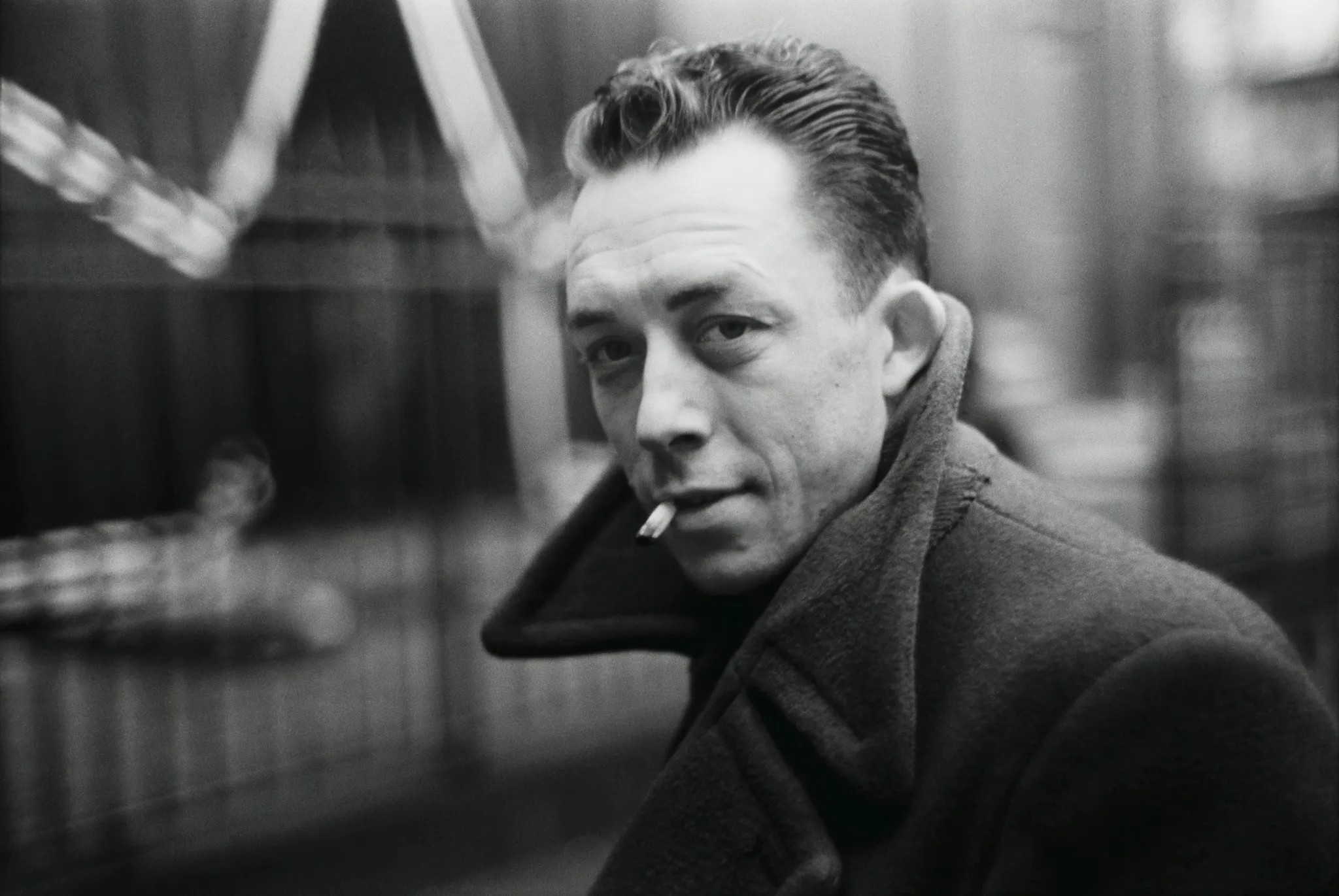
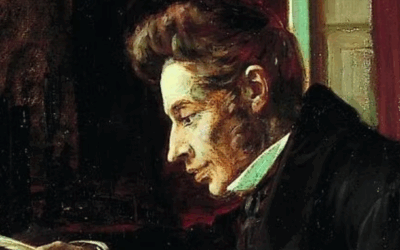
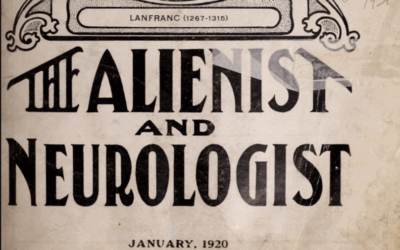



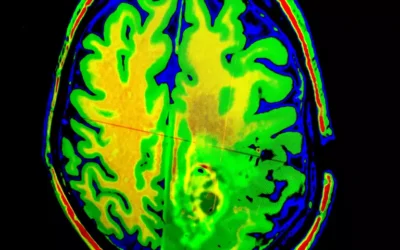
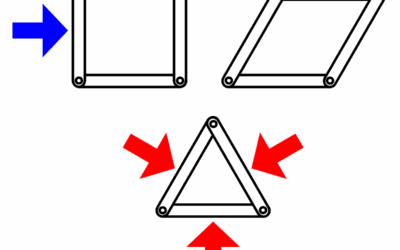
















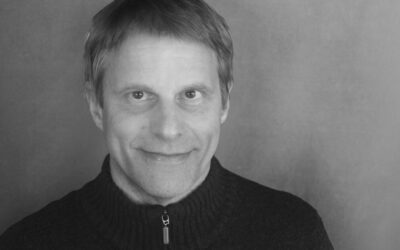

0 Comments